Jean-Jacques Rousseau was a Genevan philosopher, writer and composer. Born in Geneva, his political philosophy influenced the Enlightenment across Europe, as well as aspects of the French Revolution and the overall development of modern political and educational thought. Take a look below for 30 more fascinating and interesting facts about Jean-Jacques Rousseau.
1. Rousseau’s novel Emile, or On Education, is a treatise on the education of the whole person for citizenship.
2. His sentimental novel Julie, or the New Heloise was of importance to the development of pre-romanticism and romanticism in fiction.
3. Rousseau’s autobiographical writings, his Confessions, initiated the modern autobiography, and his Reveries of a Solitary Walker, exemplified the late 18th century movement known as the Age of Sensibility, and featured an increased focus on subjectivity and introspection that later characterized modern writing.
4. His Discourse on Inequality and The Social Contract are cornerstones in modern political and social thought.
5. During the French Revolution, Rousseau was the most popular of the philosophes among members of the Jacobin Club.
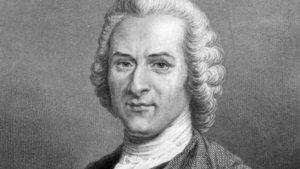
6. He was interred as a national hero in the Pantheon in Paris, in 1794, 16 years after his death.
7. Rousseau is not only credited with politically revolutionizing France, he’s also acclaimed for the change he brought in people’s taste of music and other arts.
8. He personally touched many lives through his ideas on education and how parents should take an interest in their child’s education and learning.
9. For Rousseau, liberty was the foremost human right, and he worked greatly during his lifetime to make nations around the world realize the cruciality of this political aspiration.
10. He studied Hobbes’ State of Nature and criticized him for his idea of wickedness among humans in an uncivilized society.
11. Five generations before Rousseau, his ancestor Didier, a bookseller who may have published Protestant tracts, had escaped persecution from French Catholics by fleeing to Geneva in 1549, where he became a wine merchant.
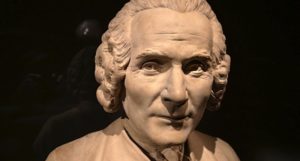
12. Rousseau was proud that his family, which was middle class, had voting rights in Geneva.
13. Throughout his life, he generally signed his books “Jean-Jacques Rousseau, Citizen of Geneva.”
14. Rousseau’s father, Isaac Rousseau, was a watchmaker.
15. Rousseau’s mother, Suzanne Bernard Rousseau, was from an upper class family. She was raised by her uncle Samuel Bernard, a Calvinist preacher.
16. In 1699, Rousseau’s father ran into political difficulty by fighting with visiting English officers, who in response drew their swords and threatened him. After local officials stepped in, it was his father who was punished, as Geneva was concerned with maintaining its ties to foreign powers.
17. His mother died of puerperal fever nine days after his birth, which he later described as “the first of my misfortunes.”
18. Rousseau and his older brother, Francois, were brought up by their father and a paternal aunt, who was named Suzanne.
19. When Rousseau was five years old, his father sold the house that the family received from his mother’s relatives. While the idea was that his sons would inherit the principal when grown up and he would live off the interest in the meantime, in the end, his father took most of the substantial proceeds.
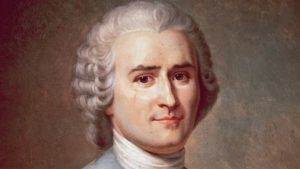
20. Growing up around craftsmen, Rousseau would later contrast them favorably to those who produced more aesthetic works.
21. A young Rousseau wrote articles for Denis Diderot’s great work of the French Enlightenment, the Encyclopedie.
22. Rousseau argued, in the first Discourse of 1750, for the banning of music and theater, and thought that the arts damaged people’s morality. Rousseau mostly had the contemporary theater in mind, where luxury had replaced the primal purity that Rousseau held dear.
23. Rousseau’s “noble savage” is purer than modern man because he is uncorrupted by modern civilization and by the notion of property.
24. When he was 13 years old, Rousseau apprenticed to a notary, then to an engraver who beat him. At 15, Rousseau took shelter in the city of Savoy with a Roman Catholic priest.
25. When Rousseau stayed with the Roman Catholic priest, he met 29 year old Francoise-Louise de Warens, who converted him to Catholicism.
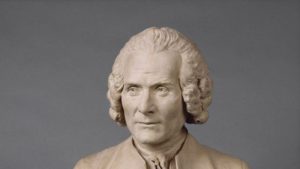
26. As a teenager, Rousseau supported himself as a servant, tutor and secretary in Italy and France while living on and off with de Warens.
27. When he was 20 years old, the religious and pious Madame de Warens took Rousseau as her lover. Rousseau considered her the love of his life.
28. While working as a secretary to the French ambassador to Venice, Rousseau discovered Italian music and opera and became a lifelong fan.
29. Rousseau became the lover of a seamstress. The couple had a son, which Rousseau abandoned, first saying that he wasn’t rich enough, but later confessing that he was scared because he didn’t want his son to be entrusted, “to a family ill brought up.”
30. It is said that Rousseau’s encouragement for women to breast feed their children saved thousands of lives.

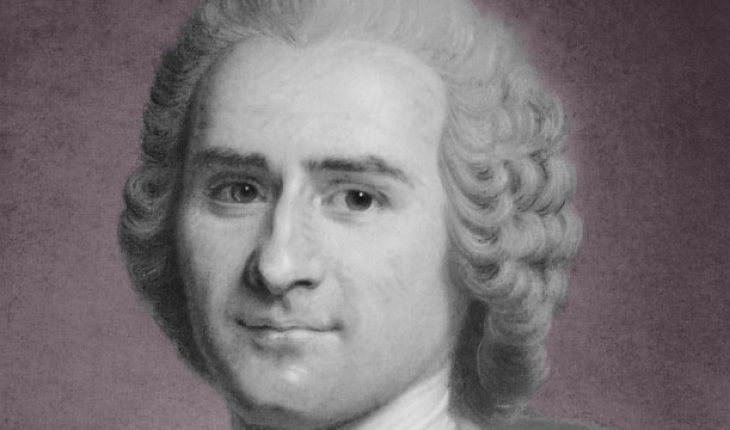
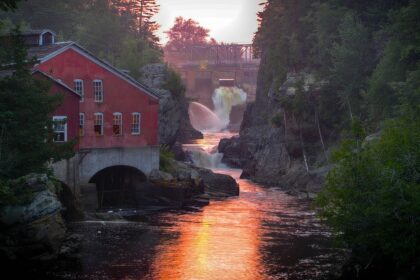
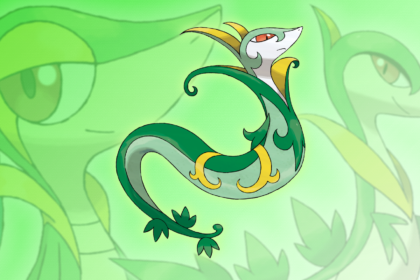
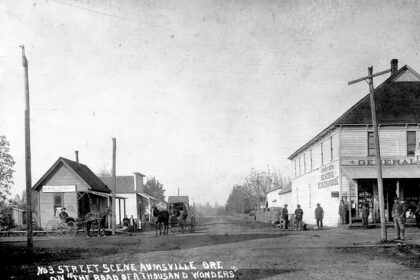
2 Comments
Pingback:
July 6, 2018 at 2:14 pmPingback:
July 8, 2018 at 2:39 pm